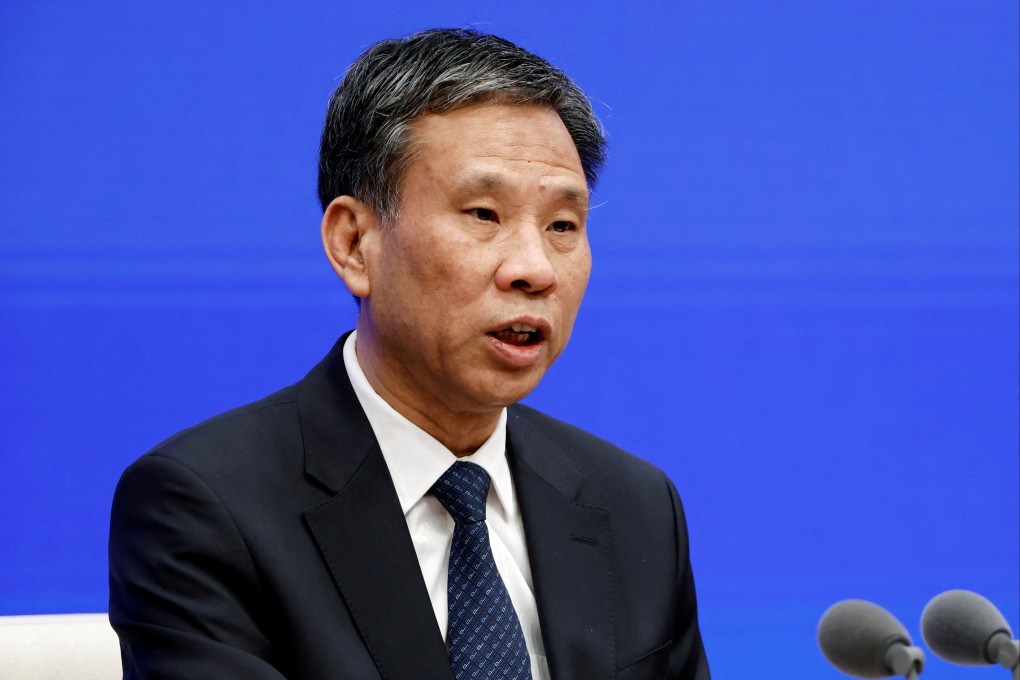Advertisement
China’s debt risks on the rise as Beijing vows ‘appropriate spending intensity’ to bolster economy
- World’s second-largest economy intends to expand the areas where special purpose bonds are invested this year, finance minister says
- And central government will not cut back on spending to support people’s livelihoods and continue fighting against the coronavirus
Reading Time:3 minutes
Why you can trust SCMP
1

Beijing is warning of the need to minimise and contain debt risks as the country embraces a more expansionary fiscal policy – including widening the use of bond proceeds – to shore up the nation’s post-Covid economic recovery this year, according to a senior official.
China’s policymakers have vowed to strengthen policy adjustments to cushion the impact on businesses and consumers of a widespread surge in coronavirus infections after Beijing abruptly abandoned its zero-Covid policy a month ago.
The world’s second-largest economy is also facing slower export growth and a property market downturn, while dwindling local government revenue has raised concerns about the recovery of regional economies and mounting debt risks.
Advertisement
Finance Minister Liu Kun said in an interview with Xinhua, published on Tuesday, that the government needs to expand fiscal spending at an “appropriate” rate, while also “appropriately” expanding the areas where special purpose bond funds are invested. And he pointed to the importance of supporting poorer and less-developed parts of the country by increasing payments from the central government.
In 2022, the country’s total tax refunds, tax and fee cuts, and tax deferrals for Chinese businesses exceeded 4 trillion yuan (US$579 billion), Liu said, adding that these measures may be extended or optimised in 2023 as needed.
Advertisement
Advertisement
Select Voice
Choose your listening speed
Get through articles 2x faster
1.25x
250 WPM
Slow
Average
Fast
1.25x